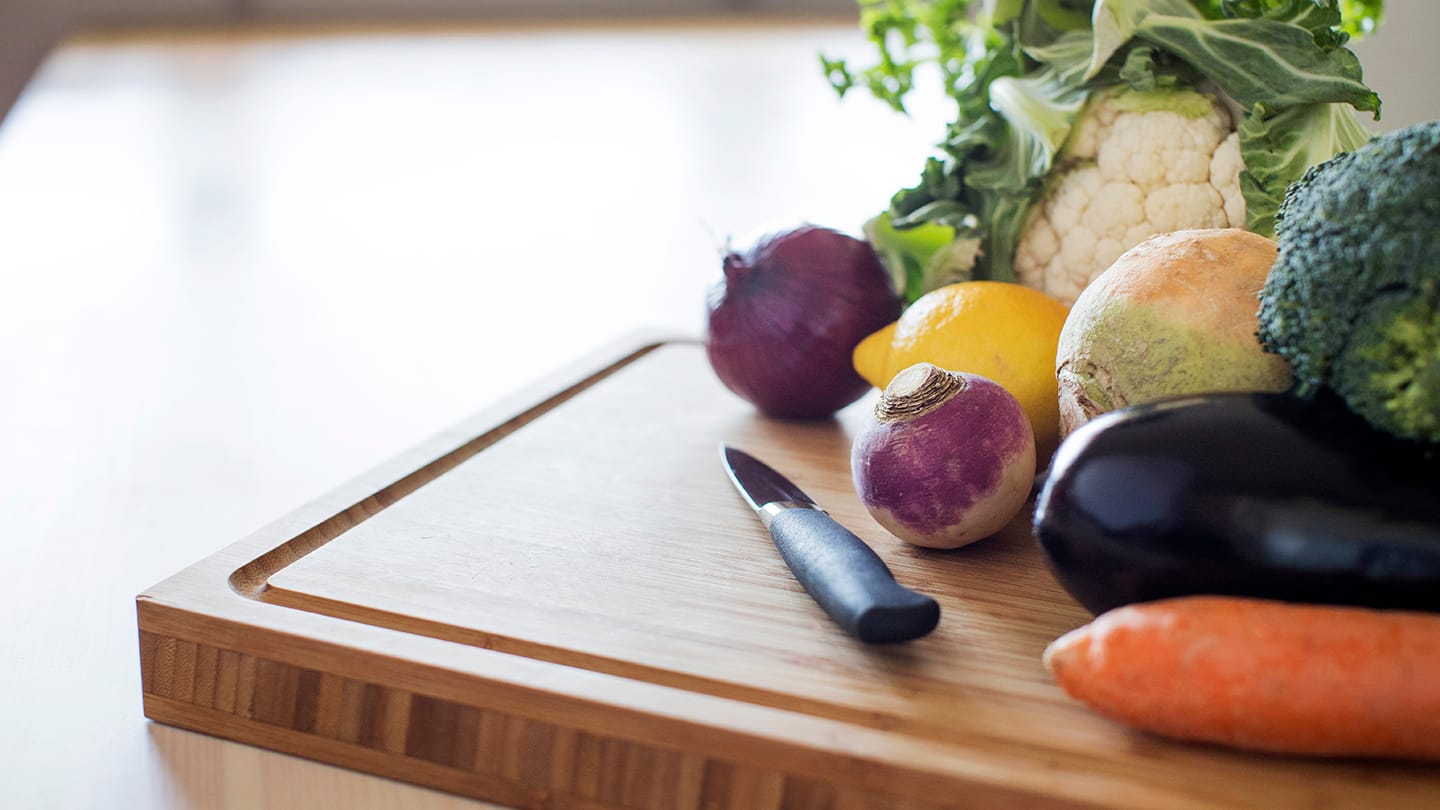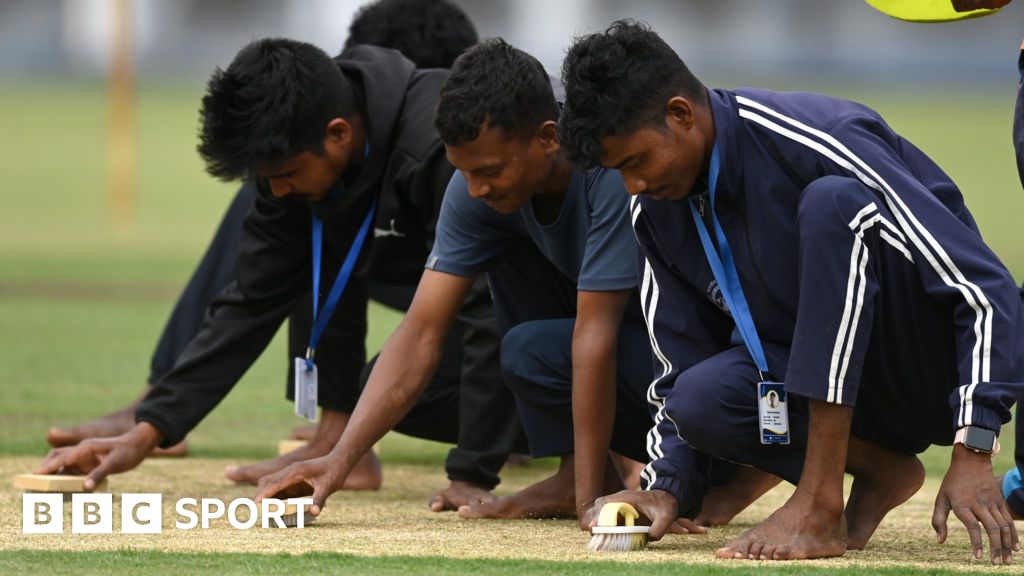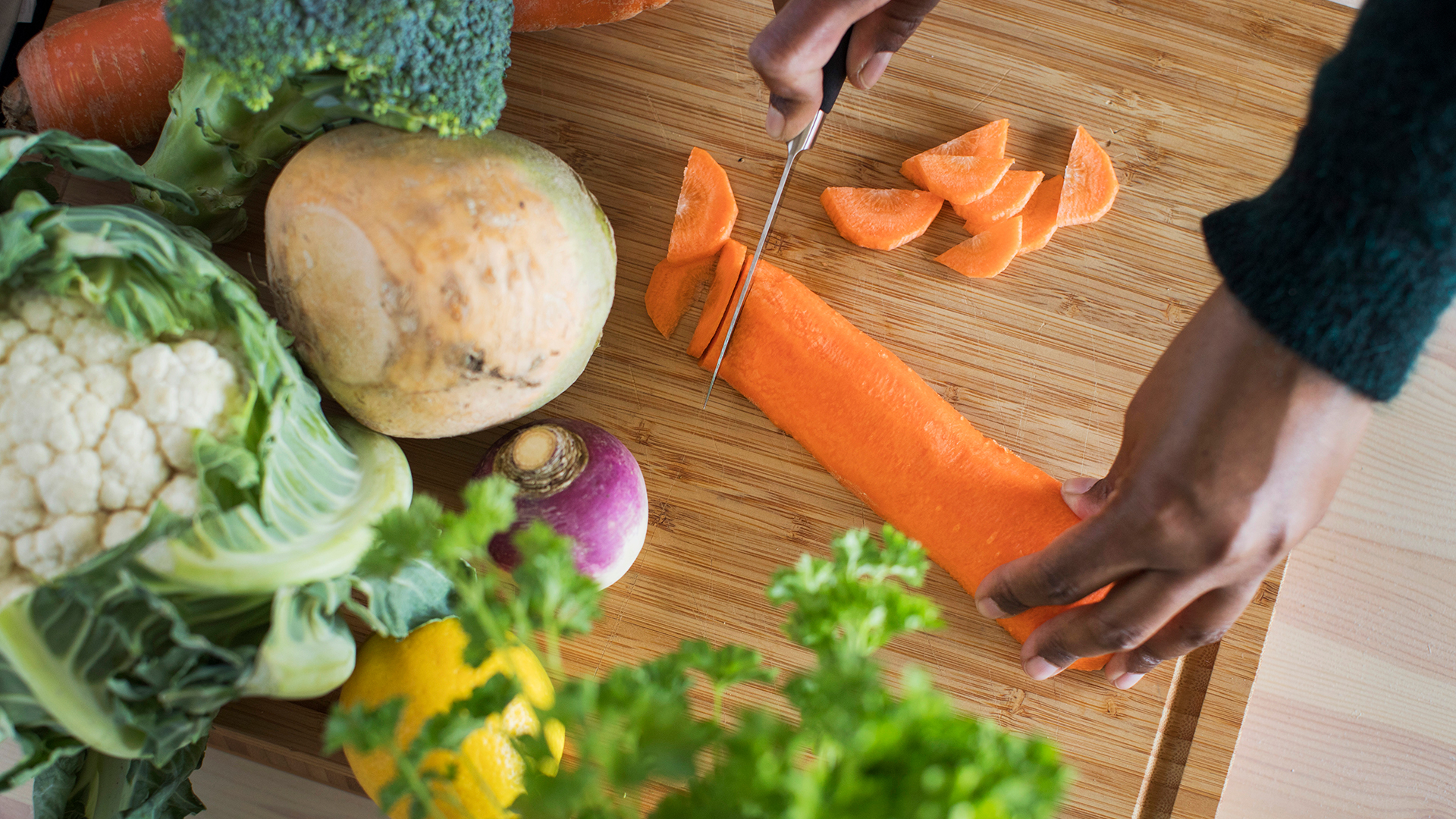Eat fewer empty calories and junk food
Foods that contain so-called empty calories or so-called fast food are generally rich in calories and saturated fats, but poor in vitamins and minerals. It is easy to eat this type of food in very large quantities.
By eating fewer empty calories, it becomes easier to maintain a healthy weight, which in turn reduces the risk of cancer. To reduce the number of empty calories you eat, you should limit the amount of:
- Snacks
- Fast food
- pastries
- sweets
- candies
But food that contains a lot of energy can also be beneficial. Nuts, seeds and vegetable oils are examples of foods that, despite their high energy content, are important sources of vitamins, minerals, beneficial fatty acids and fibre. Eating too many of these foods has not been linked to weight gain.
Limit your intake of red and processed meat
Red and processed meats increase the risk of cancer. It's not entirely clear why this is, but several factors are likely working together. If you eat red meat, limit your intake to 350-500 grams of cooked meat per week.
This corresponds to about three servings. Red meat includes meat from beef, pork, lamb, reindeer and game. You should avoid processed meat completely or eat only a little of it. Research has not been able to determine whether eating processed meat is risk-free even in small amounts.
Processed meat is meat that has been processed through, among other things, salting, smoking, fermentation and other processes that increase the taste and increase shelf life. Processed meats include, for example, bacon, sausages, ham and liver pate.
You can eat it instead of red meat
Chicken, fish, eggs, lentils and beans are good alternatives to red meat. They contribute nutrients such as protein, iron, B vitamins and some minerals.
Even meat substitutes made from oats and soy, for example, are nutritionally good alternatives to red meat.
Drink water and avoid sugar-sweetened drinks
Sugar-sweetened beverages contain a lot of energy but do not contribute nutrition or cause satiety. Hence, they contribute many empty calories.
By limiting your intake of sugar-sweetened beverages, you can maintain your weight more easily and thus reduce your risk of obesity-related cancer.
Try to avoid sugar-sweetened beverages, such as soda, juice, and energy drinks.
It's also a good idea to limit your intake of fruit juices because they can promote weight gain in the same way as sugar-sweetened beverages.
There is no clear scientific evidence that consuming artificial sweeteners, such as aspartame, or sugar itself will increase the risk of cancer.
Read more about sweeteners
Eat nutritious foods instead of supplements
Another important part of following healthy eating habits is to strive to cover your nutritional needs with a variety of foods. The vast majority of them can cover their needs with food.
However, in some cases, specific nutritional supplements may be needed – for example during pregnancy, a vegetarian diet, a diagnosis of deficiency of certain nutrients or in connection with certain medical conditions such as cancer. Dietary supplements must then be prescribed by licensed health care personnel.

Healthy eating reduces the risk of cancer, however, there is no strong evidence that individual nutrients by themselves will protect against cancer.
Doses contained in supplements can be several times higher than what can be obtained through food, levels that some studies have shown to be harmful.
We don't eat in individual foods or nutrients so it's important to look at the whole and find a healthy mix of colorful foods that suit you and your taste buds.
Food for cancer
Not everyone with cancer needs to change their eating habits, but sometimes the disease and treatment can affect the need for food and certain nutrients, as well as what you can eat.
Read more about food and cancer here
Want to learn more about healthy eating habits?
International Foundation for Cancer Research
International Agency for Research on Cancer
Swedish Food Agency
National Association of Dietitians

“Extreme tv maven. Beer fanatic. Friendly bacon fan. Communicator. Wannabe travel expert.”





More Stories
The parasites are suspected to be transmitted from deer to humans
The Swedish Transport Agency reviews medical regulations – PROFFS Newspaper
New guidelines for eating disorder care: 'Much about increasing knowledge'